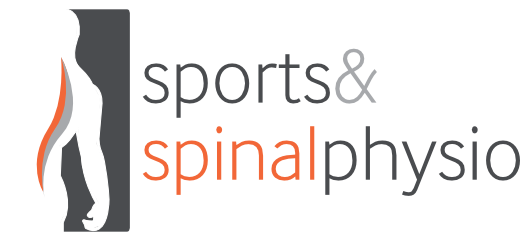Sports Injuries
Whether you have a traumatic multi ligament injury or a niggly Achilles tendon we can help you.
Our highly qualified staff have experience working with professional international athletes as well as recreational sports men, women and children.
Careful assessment using orthopaedic examination, muscle strength testing, biomechanical and technical analysis allows us to diagnose your problem and more importantly the underlying cause driving it.
Screening For Underlying Causes
Common sporting injuries treated include:
- Ankle Sprain / Achilles Tendinopathy / Tendonitis
- Medial Tibial Stress Syndrome / Shin Splints
- Hamstring, Calf and Quad Muscle strains and tears
- Runners knee / Patellofemoral Pain
- Groin strains / Hip Impingement / Gluteal Tendinopathy
- Back pain and Sciatica secondary to disc or joint pathology
- Shoulder Injuries – rotator cuff pain / dislocation / Impingement / Instability
- Tennis and Golfers Elbow
- Neck pain secondary to disc or joint pathology
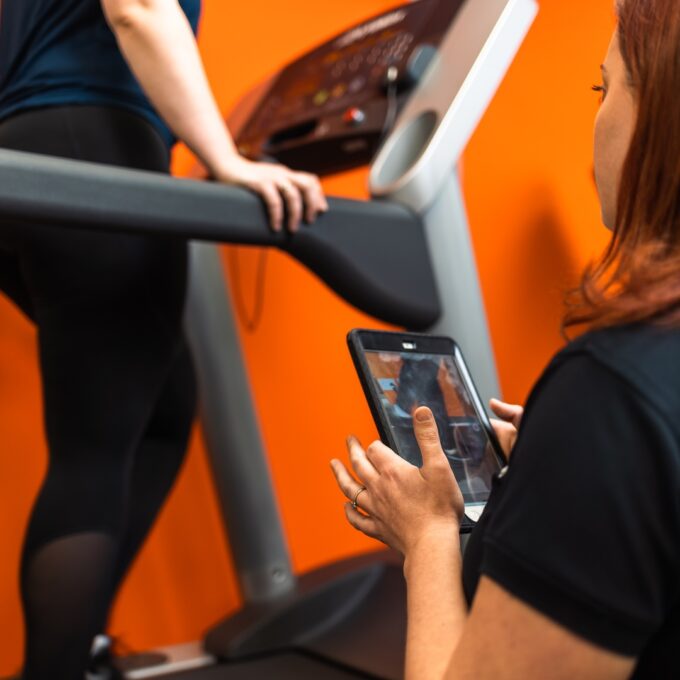
How do sport injuries occur?
Sports injuries can occur traumatically or non-traumatically (also known as insidiously). Non-traumatic pain and injury is far more common than traumatic.
Non-traumatic injuries are normally as a result of over straining muscles, tendons, discs or joints.
Examples include; tendinopathies (think Achilles, tennis elbow, rotator cuff), osteoarthritis, disc bulges or herniations.
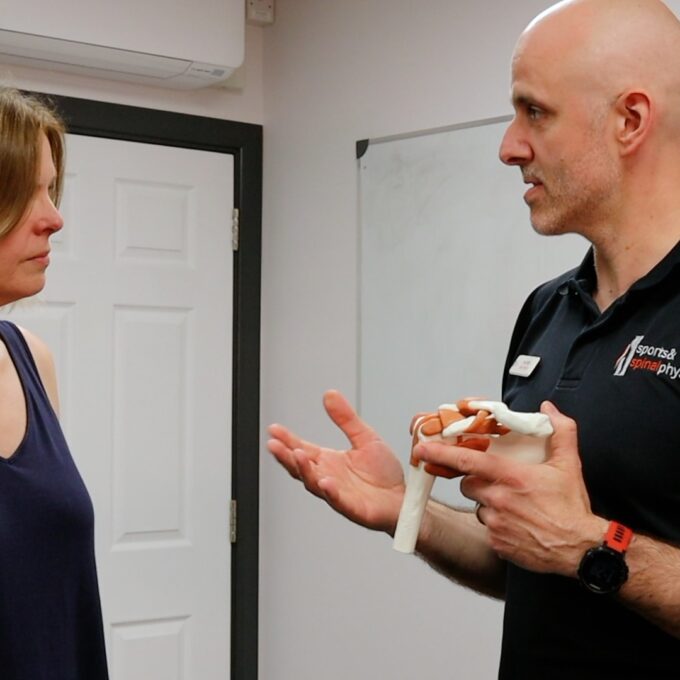
How can you prevent them?
Load
Managing the load your body has to deal with is key to injury prevention, this includes planning and if necessary limiting:
- The forces lifted / pulled or the resistance overcome
- The duration of activity carried out – how far and / or how long
- The frequency – the repetitions of the task or activity / number of times per day or week carried out
Capacity
Building a strong capable body that can cope with the demand hinges on your body’s capacity. This is determined by:
- Natural attributes / Genetics
- Strength
- Biomechanics
- Flexibility
- Endurance
- Co-ordination
- Balance
- Movement efficiency or movement choice
When the load is greater than the body’s capacity, stress and strain occur, causing non-traumatic pain and injury.
Therefore to prevent injuries it is important to consider your abilities, ensure you are up to the task, gradually progress exercise over time (think of the 10% rule), and incorporate rest and recovery days.
Prevention Through Screening
Strength, co-ordination, flexibility, movement efficiency and balance are adaptable through training and exercise.
But how do you know where your weaknesses and inefficiencies lie unless you have them tested?
At Sports and Spinal physio we have a number of tools to test these.
- Video Gait Analysis enables us to analyse your movement in slow motion, work out why you have your problem and what we need to do to fix it. For more information please take a look at Video Gait Analysis page.
- Hand Held Dynamometer strength testing requires the use of a hand held device to measure your muscle strength. We can use this to measure specific muscles such as the shoulder rotator cuff muscles or hip abductors.
- The Performance Matrix Screening system is a piece of software we use to help us to evaluate your movement co-ordination, efficiency, strength, range of movement and flexibility.
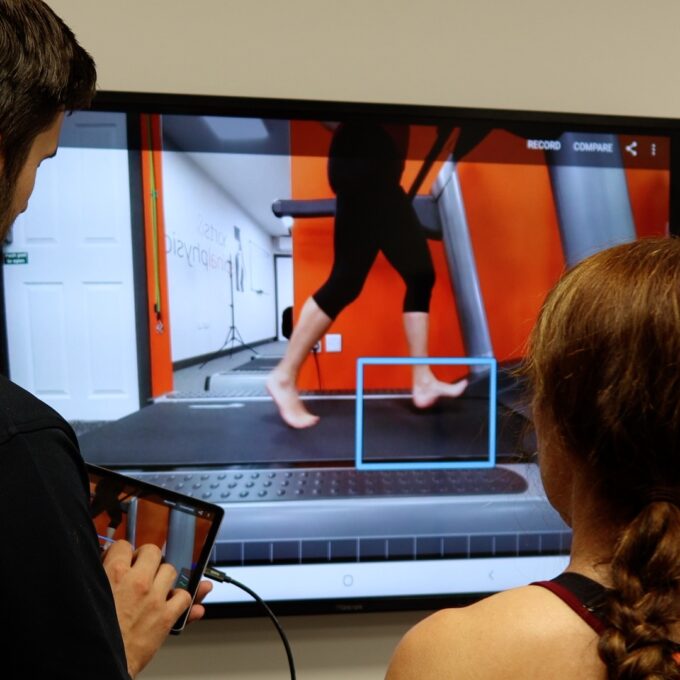
What happens after my screening session?
From the result of the tests that we run, we can determine the most appropriate course of rehabilitation and retraining for you. Addressing our findings will help to prevent recurrence, improve performance and move you towards achieving your goals.
You can use our fully equipped studio and gym, where we can provide all the necessary rehabilitation for your injury and recovery.
In the event that you require further investigations or medical opinion, we can refer you on for these.
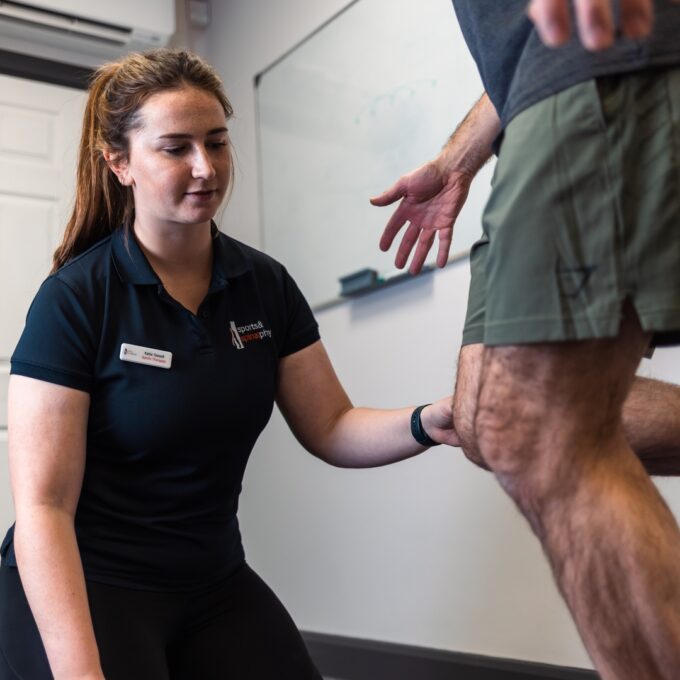
If you have exercise or sport related pain or injury don’t soldier on hoping it will warm up, loosen off or just go on its own. Get some professional help and advice today!
It will save you time and money in the long run and prevent a mild injury turning into a long term problem that could ultimately affect your ability to participate in your sport for many months or years to come.
Next Steps: Use one of our 4 options below to get started...
What Our Patients Say
Finally
If you are still considering what to do or just browsing why not download one of our free guides below.
